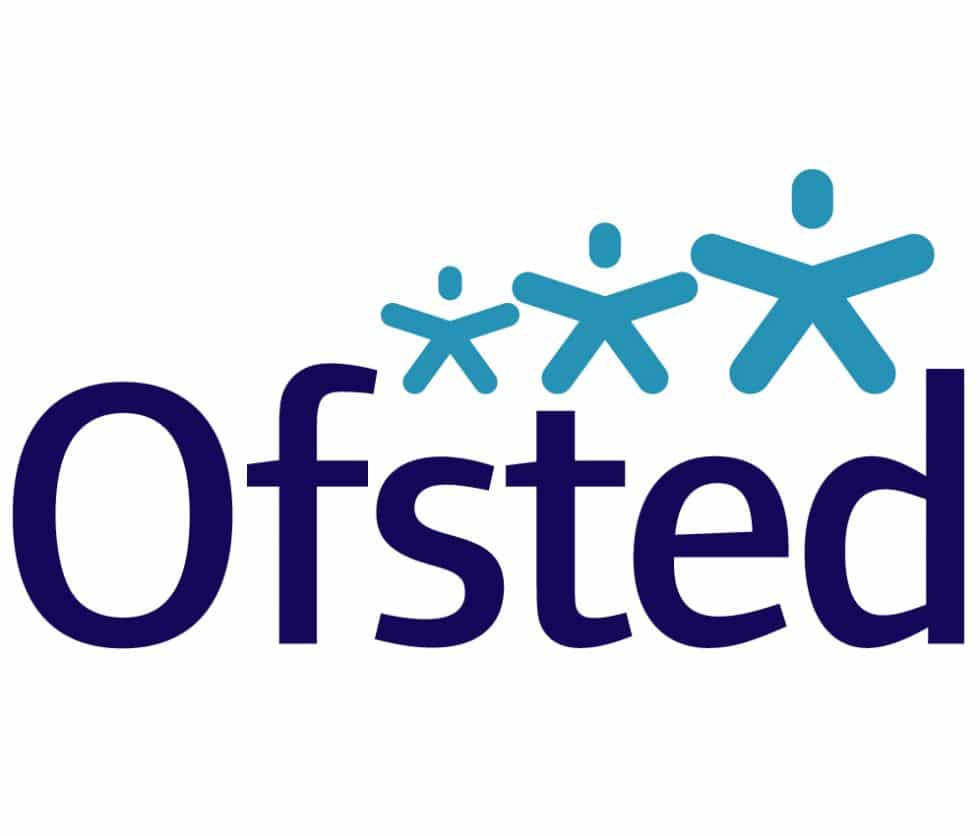
Developing Children’s Knowledge and Skills with Ofsted’s NEW Report
Ofsted has just published Report 2… …part of our series of subject-based curriculum research reviews. Do you remember the first one Best Start? This second…
January 18th 2019
The Report by the Education Policy Institute (EPI), raises the self-same issues which have been of concern to the Early Years sector for the past five years. The Government’s childcare policy which began with funded places for three and four years olds, followed by 15 funded hours for disadvantaged two-year olds in 2014, and the most recently ‘free 30 hours entitlement’ in September 2017, effectively made child care part of the national infrastructure. However, unlike any other infrastructure programme, there was no proper strategy to fund the policy so that we could guarantee sufficient places, staff and high quality services.
In the very early days, there was a recognition that to meet the new childcare policy we would need to recruit, train or up-skilled staff. Initially this was funded but as the report says, this was erratic. Nowadays we see a gradual decline in numbers of trained staff completely aligned to the decline in funding.
Everyone knows that if you want to implement successful strategic growth there needs to be adequate investment. The Government has consistently stated that it has invested in Early Years and indeed, it has, but never enough. The sector has responded by subsidising where possible because there is a shared realisation that good quality staff with experience and training can make a significant difference to the education of small children.
However, the willingness to support an underfunded policy has grown thin as other costs have increased including rents, rates and food. There has been some sensible requirement to pay a national living wage and provide a pension, and in London we aim to pay the London Living Wage but that becomes impossible if the funding rate remains at an average of £5. Do the Maths.
The funding issue has been noted in many reports including the Education Select Committee so its old news. The report is telling us what we know. We are not able to invest enough in staff training. This has not been helped by some additional ill thought policies such as the A to C GCSE entry requirement, which took four years and three Ministers to resolve.
We have created an economy that requires both parents to work. In many places, parents do not have extended family networks to help them. Therefore, nurseries need to be the centre of the communities, with a clear sense of educational purpose led by a balance of experienced and well trained staff.
At LEYF we can do this by using our social enterprise model. Indeed, we have developed our own degree with the University of Wolverhampton and can offer career opportunities to staff from apprenticeships to degree. There are others like us but it is not enough.
If nurseries are central to society, we cannot continue to have reports telling us that we do not invest enough in those staff who care for our youngest citizens. We need to wake up to our responsibility to children and the impact Early Years has on their future. It starts with investment and a national conversation about what we understand by nursery education.

Ofsted has just published Report 2… …part of our series of subject-based curriculum research reviews. Do you remember the first one Best Start? This second…

There is little doubt that the Recruitment and Retention issues facing the sector continue to cause concern and are impacting on the ability of more and more providers to meet…

How do you know a Zoom debate is lively? Well, read the chat. At this year’s 14th annual Margaret Horn debate the question explored asked if times of upheaval…